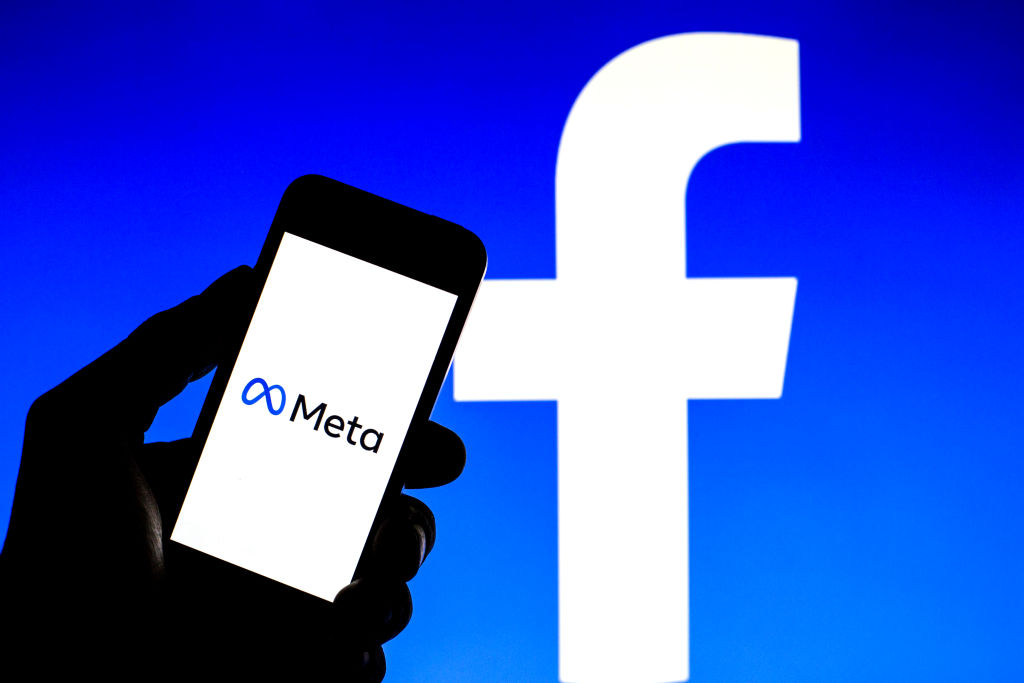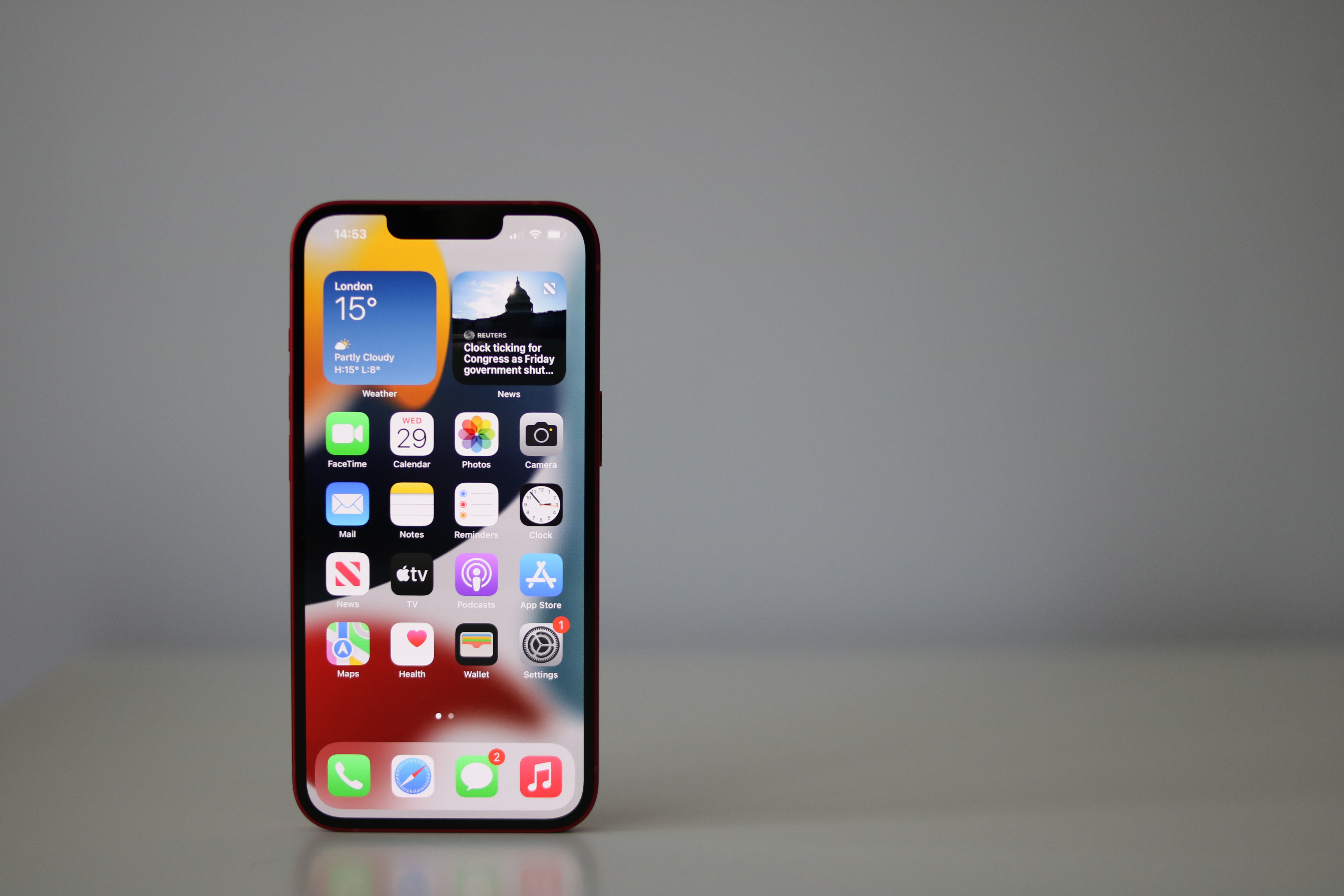Instagram denies it planned to sell users' photos to third parties
Photo-sharing site claims new terms of service may have been misunderstood by users.

Photo-sharing site Instagram claims the content of its new terms of use document has been misinterpreted, and that it never intended to sell on its users' pictures.
The site, which was acquired by Facebook several months ago for $1 billion, incurred the wrath of users earlier this week when it took the wraps off its new terms of service, which were set to come into force on 16 January.There was confusion and concern about what our advertising products could look like and how they would work. The document stressed the site would not claim any ownership rights over the content users post. But, in parts, seemed to suggest Instagram could let third parties use their pictures without compensating them.
"You hereby grant Instagram a non-exclusive, fully paid and royalty-free, transferable, sub-licensable, worldwide license to use the content that you post on or through the service," the original document stated.
"To help us deliver interesting paid or sponsored content...you agree that a business or other entity may pay us to display your username, likeness, photos and/or actions you take...without any compensation to you," it added.
Instagram co-founder Kevin Systrom has used a blog post to counter its users' concerns by claiming the firm never intended to sell their pictures.
"In the days since [we published the new terms of use], it became clear that we failed...to communicate our intentions clearly," he wrote.
"The concerns we heard about from you most focused on advertising, and what our changes might mean for you and your products.
Get the ITPro daily newsletter
Sign up today and you will receive a free copy of our Future Focus 2025 report - the leading guidance on AI, cybersecurity and other IT challenges as per 700+ senior executives
"There was confusion and a real concern about what our possible advertising products could look like and how they would work," he added.
As a result, Systrom said the firm is planning to reinstate the advertising section from the original version of its terms of service, which has been in use since October 2010.
"Going forward, rather than obtain permission from you to introduce possible advertising products we have not yet developed, we are going to take the time to complete our plans, and then come back to our users and explain how we would like for our advertising business to work," he added.
The company is still planning to introduce a revamped privacy policy and terms of use next month, he added, which will come into force on 19 January 2013.
"I'm proud Instagram has a community that feels so strongly about a product we all love. I'm even more proud that you feel empowered to be vocal and approach us with constructive feedback to help us build a better product," Systrom concluded.
In a statement to IT Pro, Nick Pickles, director of privacy campaign group Big Brother Watch, said Instagram and its lawyers are the ones to blame for the any "misunderstanding" that may have occurred.
"The company still hasn't said categorically that it will not re-use people's photos for advertising or collecting personal information," he said.
"So this desperate attempt to salvage some of its reputation will fall on deaf ears with consumers who are clearly growing increasingly concerned about their privacy and wider rights online," he added.
-
 Westcon-Comstor and Vectra AI launch brace of new channel initiatives
Westcon-Comstor and Vectra AI launch brace of new channel initiativesNews Westcon-Comstor and Vectra AI have announced the launch of two new channel growth initiatives focused on the managed security service provider (MSSP) space and AWS Marketplace.
By Daniel Todd Published
-
 Third time lucky? Microsoft finally begins roll-out of controversial Recall feature
Third time lucky? Microsoft finally begins roll-out of controversial Recall featureNews The Windows Recall feature has been plagued by setbacks and backlash from security professionals
By Emma Woollacott Published
-
 Capita tells pension provider to 'assume' nearly 500,000 customers' data stolen
Capita tells pension provider to 'assume' nearly 500,000 customers' data stolenCapita told the pension provider to “work on the assumption” that data had been stolen
By Ross Kelly Published
-
 Latest Meta GDPR fine brings 12-month total to more than €1 billion
Latest Meta GDPR fine brings 12-month total to more than €1 billionNews Meta was issued with two hefty GDPR fines for “forcing” users to consent to data processing
By Ross Kelly Published
-
 "Unacceptable" data scraping lands Meta a £228m data protection fine
"Unacceptable" data scraping lands Meta a £228m data protection fineNews The much-awaited decision follows the scraping of half a billion users' data and received unanimous approval from EU regulators
By Rory Bathgate Published
-
 Meta notifies around 1 million Facebook users of potential compromise through malicious apps
Meta notifies around 1 million Facebook users of potential compromise through malicious appsNews The vast majority of apps targeting iOS users appeared to be genuine apps for managing business functions such as advertising and analytics
By Connor Jones Published
-
 Facebook business accounts hijacked by infostealer malware campaign
Facebook business accounts hijacked by infostealer malware campaignNews Threat actors are using LinkedIn phishing to seize business, ad accounts for financial gain
By Rory Bathgate Published
-
 Meta begins encrypting Facebook URLs, nullifying tracking countermeasures
Meta begins encrypting Facebook URLs, nullifying tracking countermeasuresNews The move has made URL stripping impossible but will improve analytics
By Rory Bathgate Published
-
 Meta hit with €17 million fine over multiple GDPR breaches
Meta hit with €17 million fine over multiple GDPR breachesNews The social media giant set aside over €1 billion in November to help it cope with potential fines arising from data protection investigations
By Zach Marzouk Published
-
 Meta says Apple's iOS privacy changes will cost it $10 billion in 2022
Meta says Apple's iOS privacy changes will cost it $10 billion in 2022News The company's CFO suggests Google "faces a different set of restrictions" because it pays Apple to remain the default iOS search engine
By Bobby Hellard Published